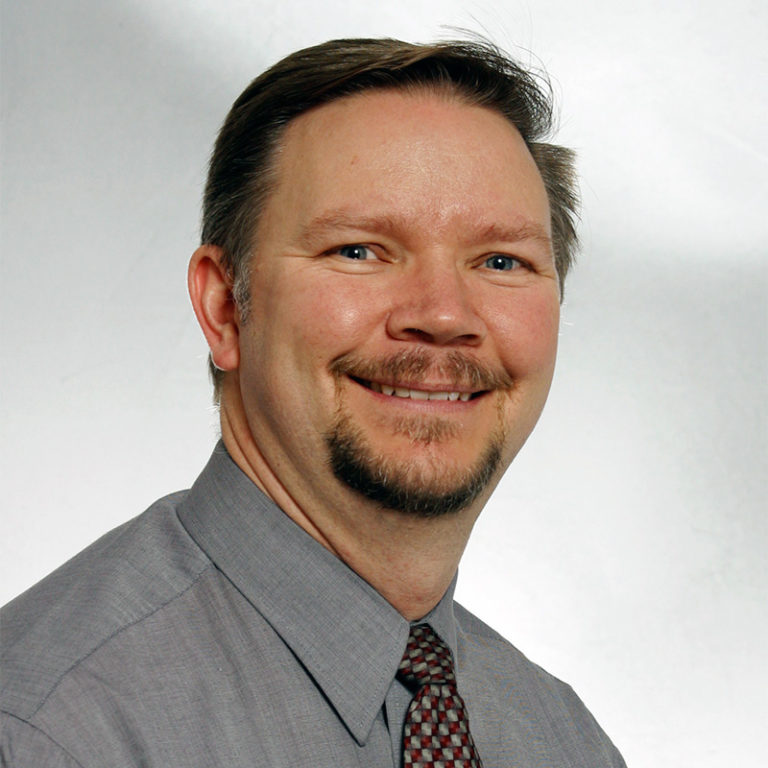
His background, amongst others, include hands-on experience and skills in materials chemistry and engineering, including nanomaterials synthesis/characterization, using state-of-the-art nanotechnology techniques and equipment. Ojodomu achieved his PhD in Chemistry from Rhodes University, South Africa, in 2018.

His academic and research sojourns over the past few years have included taking up postdoctoral fellowships in South Africa, France, and quite recently in Japan (under the prestigious Japan Society for the Promotion of Science (JSPS) International Research Fellowship). Ojodomu will primarily carry out his research & academic activities at the International Institute for Nanocomposites Manufacturing (IINM) in WMG. Elizabeth is an active member of the Centre for the Study of Women and Gender at Warwick, and a former Visiting Researcher in the Center for Feminist Social Sciences at Örebro University, Sweden. Her wider research interests include feminist epistemologies, left politics in Britain, work and organisations, and institutional ethnography. To do so, she argues that practicing politics should be considered a form of (gendered) work. Her doctoral work, funded by the ESRC, uses an ethnographic approach to explore how these issues are manifested in local British politics. Global movements like #MeToo and #TimesUp aim to tackle abuse in workplaces, and increasing attention is being paid to abuse and violence against politicians. There is also a striking rise in the amount of abuse which women and minority ethnic politicians face. In the contemporary political moment, questions about how politicians behave, what they do, and who they are, are being fiercely and widely debated. Elizabeth Ablett's thesis uses a feminist sociological lens to confront some of the most pressing issues in politics. The second explores the emergence and dynamics of nonviolent resistance campai Tags Alumni, Residential FellowĮlizabeth Ablett Early Career Fellow (2018-19) Department of Sociologyĭr. This currently consists of the analysis of political violence, militias and UN peacekeeping across Darfur, the Central African Republic and the Democratic Republic of Congo. The first focuses on analysing armed violence and the effectiveness of UN peacekeeping. Luke's current academic research agenda is focused on developing two important bodies of conflict research. This also includes providing training provided to stakeholders, which is also provided through the Centre. His policy role involves engagement with stakeholders such as Essex County Council and Essex Police, exploring a range of policy questions and data analysis related to crime, health and economic growth. His role is two-fold: to inform policy questions from local government and charities and to aid the prediction of political conflict within the academic field of political science. His expertise is in prediction, using statistical methods and supervised machine learning techniques. At the BLG Data Research Centre we deploy applied analytics to inform key policy questions, turning data into knowledge and knowledge into impact. Luke is a researcher at the BLG Data Research Centre, based at the University of Essex and Research Fellow at the Department of Government. Luke Abbs Link opens in a new window Residential Fellow (2019-20) Essex University, UK Visiting February 2020 De-select 'Current' and select 'Alumni' tag.
STEFAN KAISER UNIVERSITY OF OREGON UPDATE
Update their Fellowship Type to include the year they were with us in (). When a person becomes Alumni (by academic year), update their entry Title to 'ZZ Surname, First name'.Select from the tags for role and year.


Portrait photos will display at a maximum width of 200px and/or maximum height of 150px regardless of the source image dimensions. Image: upload image as a file in square aspect ratio, save as 'Surname_First name'.Ĭlick at the start of the name in content and add image.Īdd description for accessibility, select right alignment and click 'insert as a thumb nail' then add 200 pixels wide.Add hyperlink to ePortfolio (if possible).įellowship Type (academic year)ĭepartment or Institution, Country click add new entry at the bottom of this page.If they are, amend the tags to add their new position. Check that the fellow is not already included on this list.


 0 kommentar(er)
0 kommentar(er)
